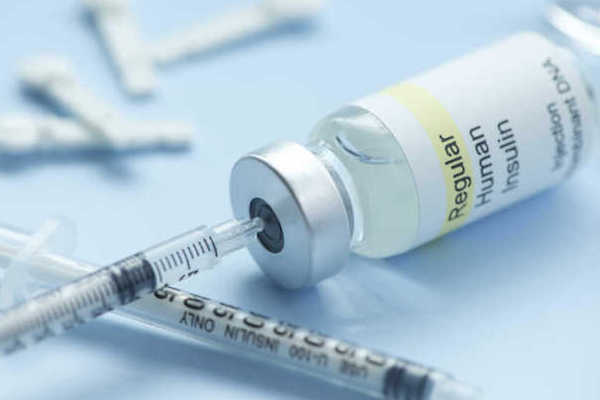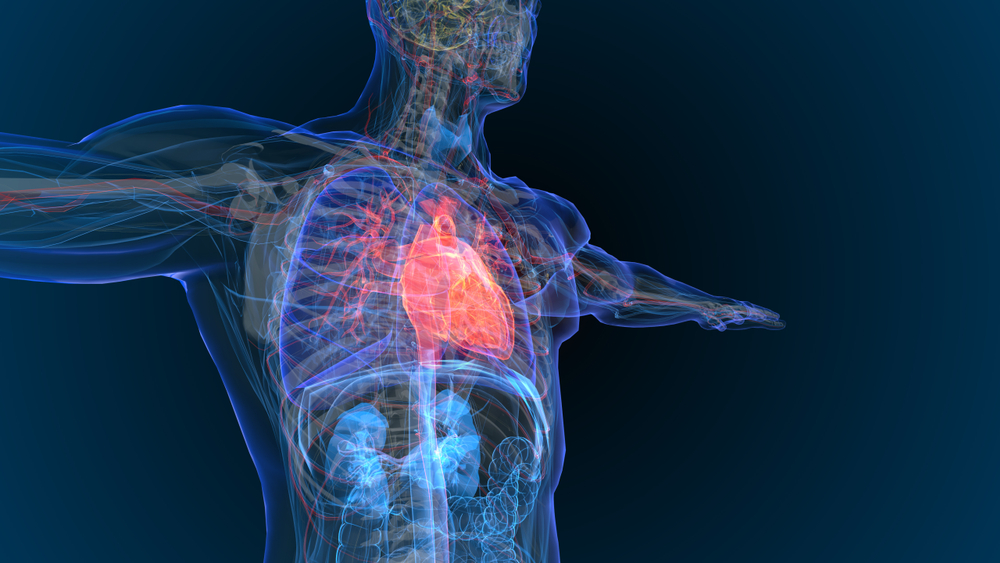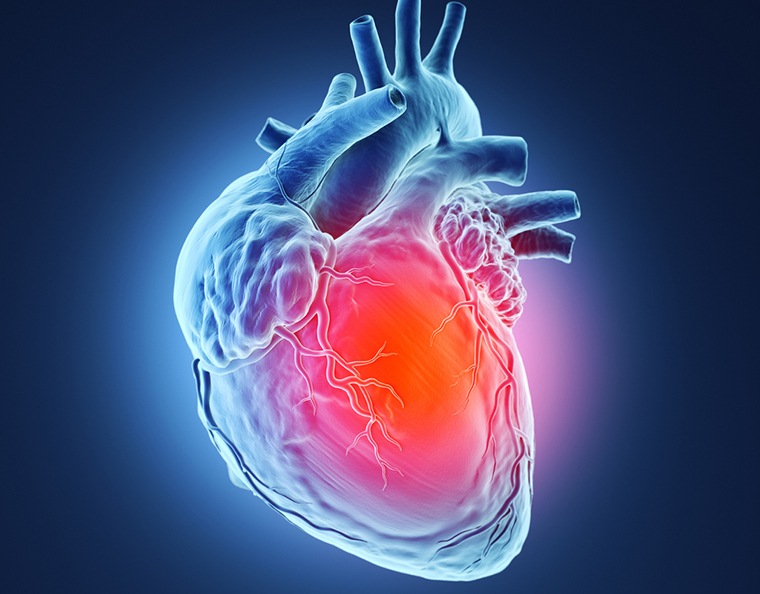Sleeping too much or too little was found to elevate risk of cardiovascular events, according to research that will be presented at the upcoming American College of Cardiology’s Annual Scientific Session (ACC.21). The researchers examined rates of cardiovascular events in 14,709 participants in the 2005–2010 National Health and Nutrition Examination Survey. Sleeping fewer than six hours or more than seven hours were both associated with higher chance of death due to cardiac-related causes. Levels of CRP was also highest among those who slept more or less than six to seven hours nightly.
Alcohol in moderation is linked to reductions in stress that may benefit the heart, according to a study being presented at the upcoming American College of Cardiology’s Annual Scientific Session (ACC.21). Investigators used the Mass General Brigham Biobank health care survey to identify 53,064 patients with self-reported alcohol intake data. Around 60% were women and the average age was 57.2 years. Alcohol intake was classified as low (<1 drink per week), moderate (1–14 drinks per week), or high (>14 drinks per week). After adjustment, moderate consumption was associated with a 20% lower risk of major CV event and less stress-related brain activity compared with low consumption. This reduced risk was significant after controlling for demographics, CV risk factors, socioeconomic status, and psychological factors.
Young Black women have a number of risk factors that put them on a trajectory for developing heart disease at a young age, a study finds. These factors include a high prevalence of obesity, and elevated blood pressure. The findings were presented at the American College of Cardiology’s Annual Scientific Session (ACC.21). researchers analyzed 945 Black women enrolled in a community health screening project in Atlanta. Subsequently, they assessed health markers such as body mass index (BMI), blood pressure and cholesterol levels. They also examined socioeconomic factors such as education, income, and health insurance, as well as lifestyle factors such as smoking, diet and exercise. The results showed that the average BMI for women of all age groups was 30 or above, making them clinically obese. Moreover, the researchers observed that systolic blood increased with age among Black women ages 20-39, with an average systolic BP of 122 mmHg, which is higher than normal.
Men with chest pain tend to receive medical attention faster, and receive more medical attention, compared to women, according to a study presented at the American College of Cardiology’s Annual Scientific Session (ACC.21). Researchers collated data by the National Hospital Ambulatory Medical Care Survey between 2014-2018. The analyzed data represent approximately 29 million emergency department visits for chest pain in the U.S. among adults aged 18-55; of which 57% were women. Women reporting chest pain were equally likely to arrive at the hospital by ambulance but significantly less likely than men to be triaged as emergent, the researchers noted. Women waited about 11 minutes longer to be evaluated by a clinician. Moreover, women were also significantly less likely to undergo an ECG, or to receive cardiac monitoring from a cardiologist.
Credit: Original article published here.










